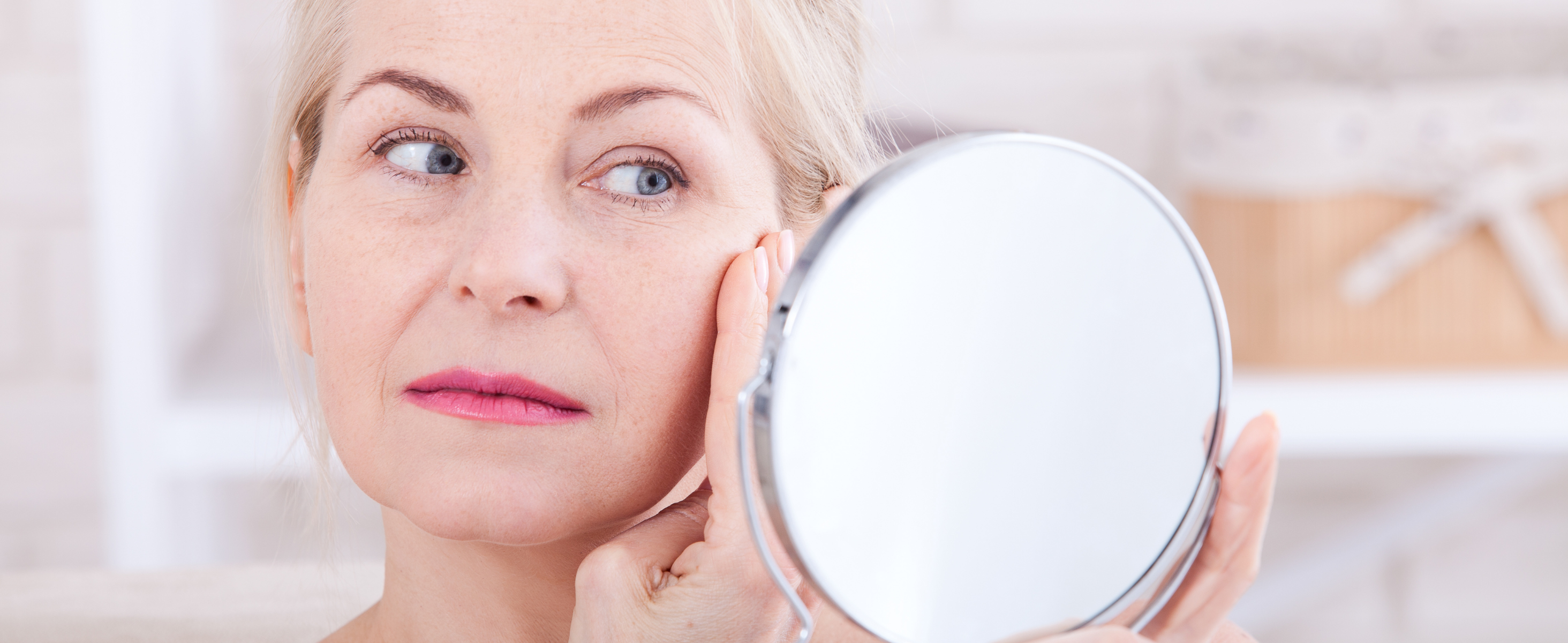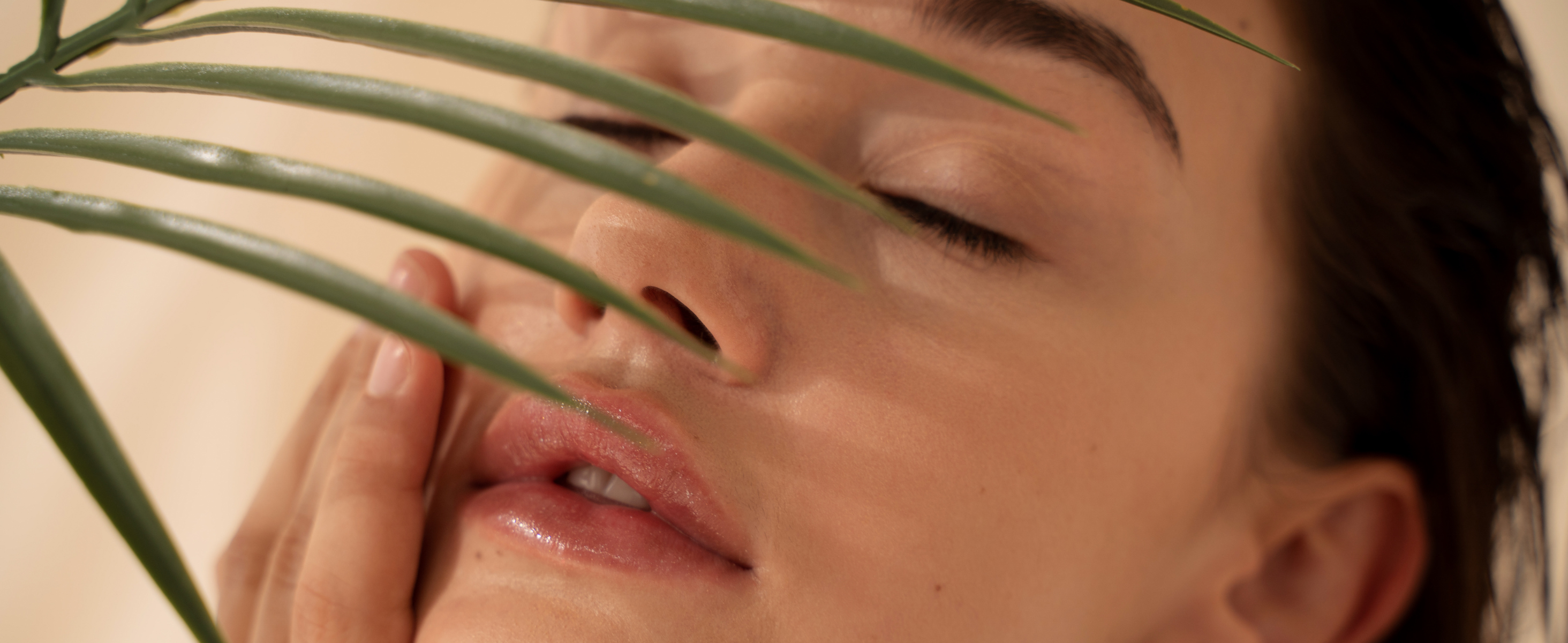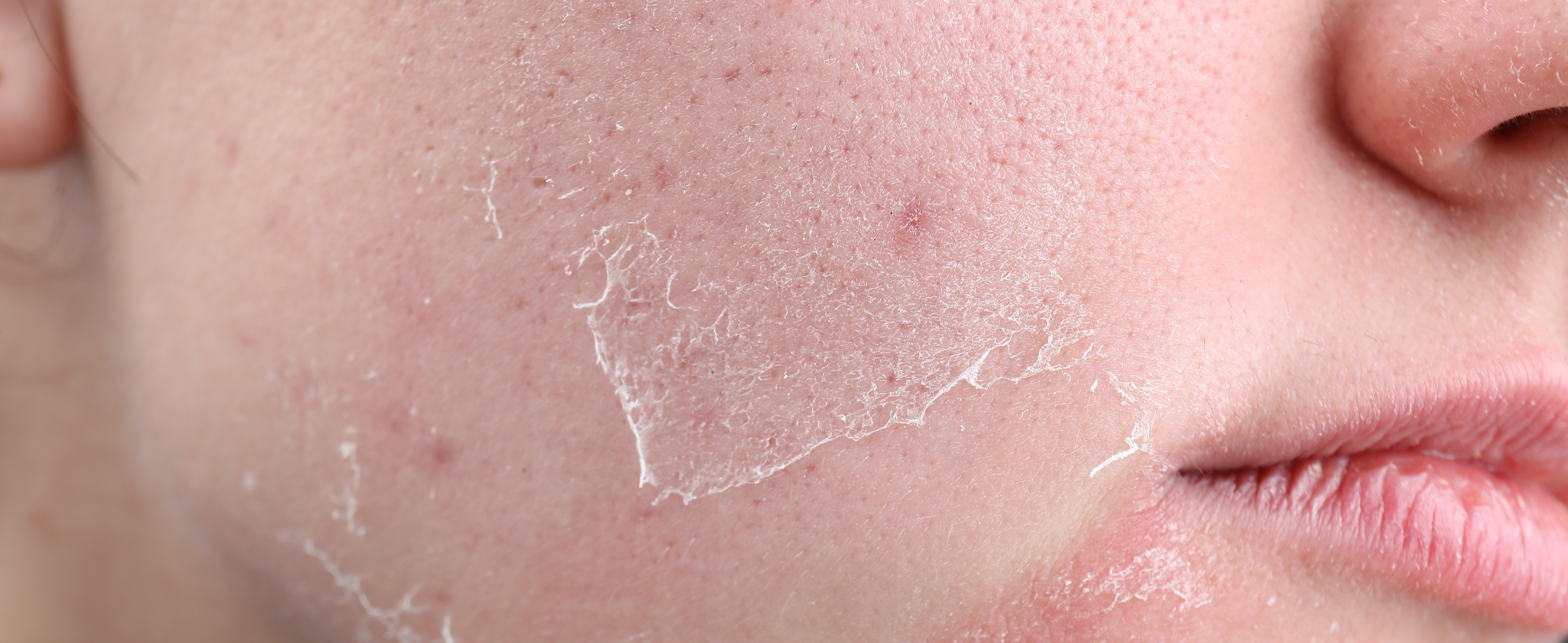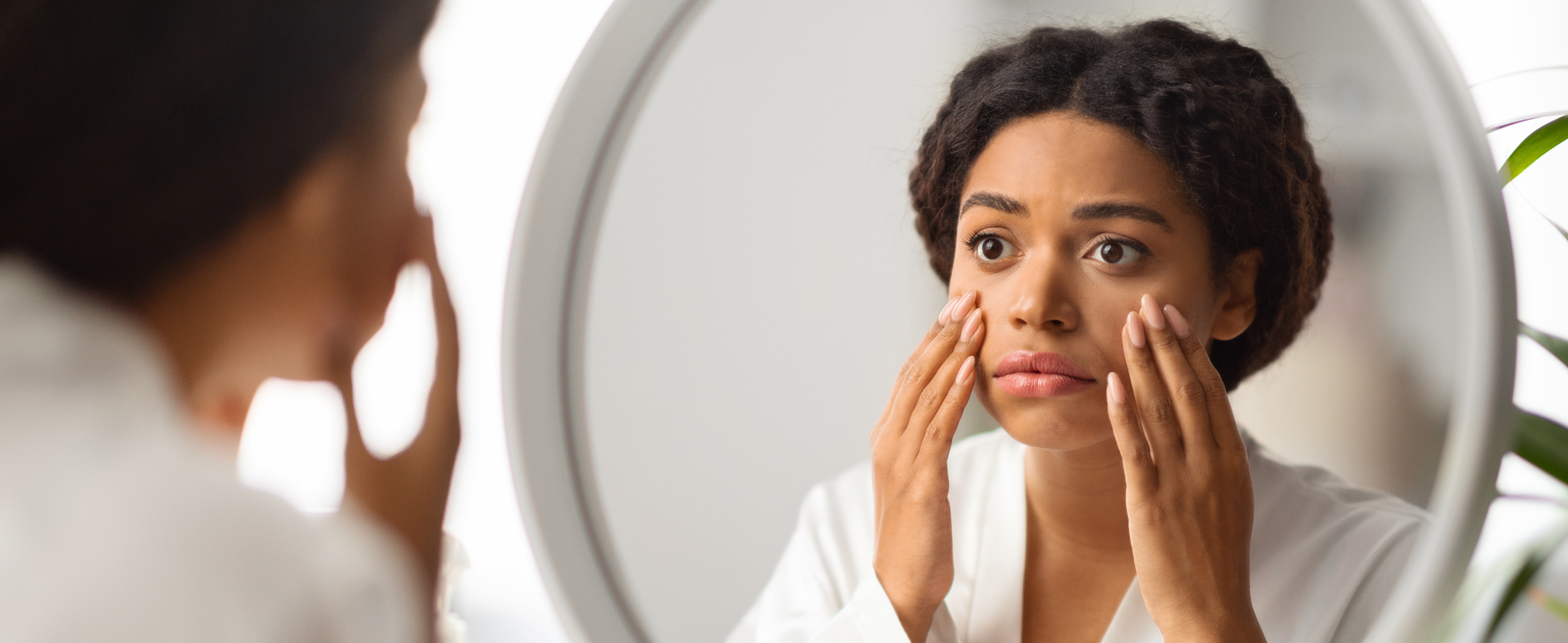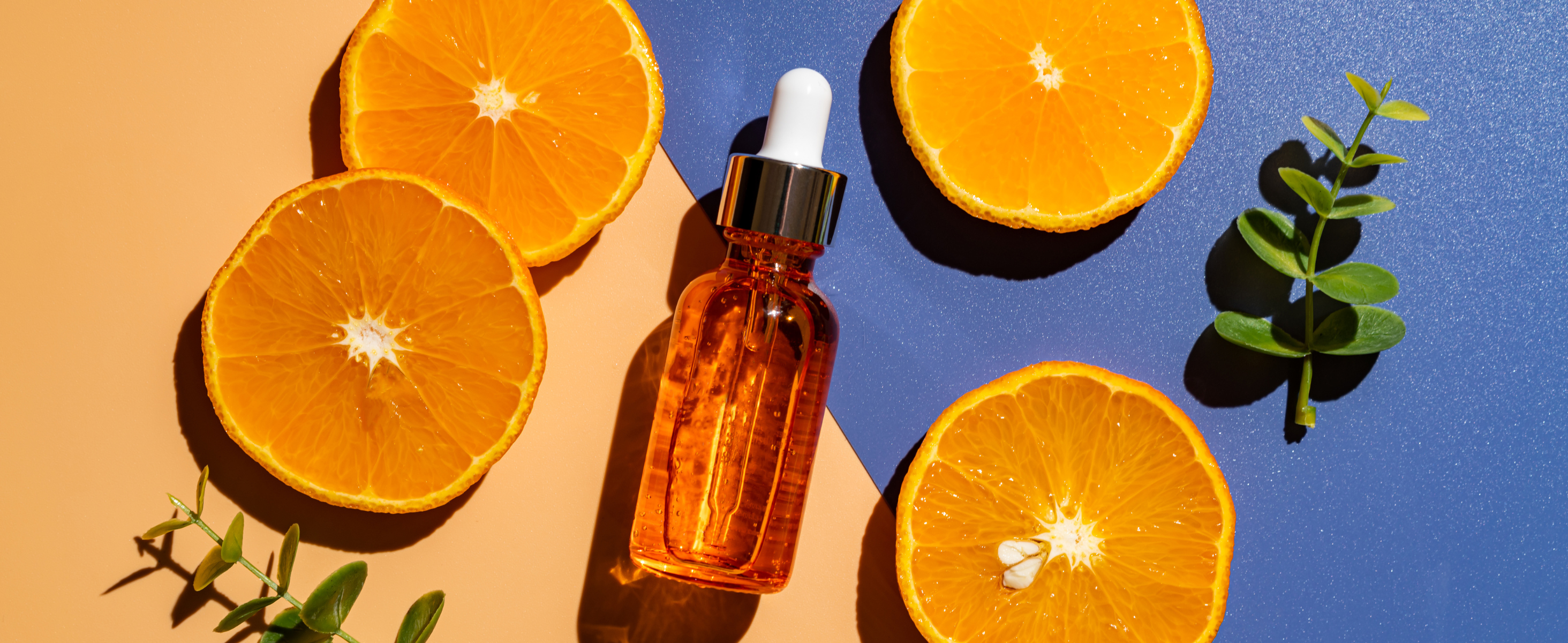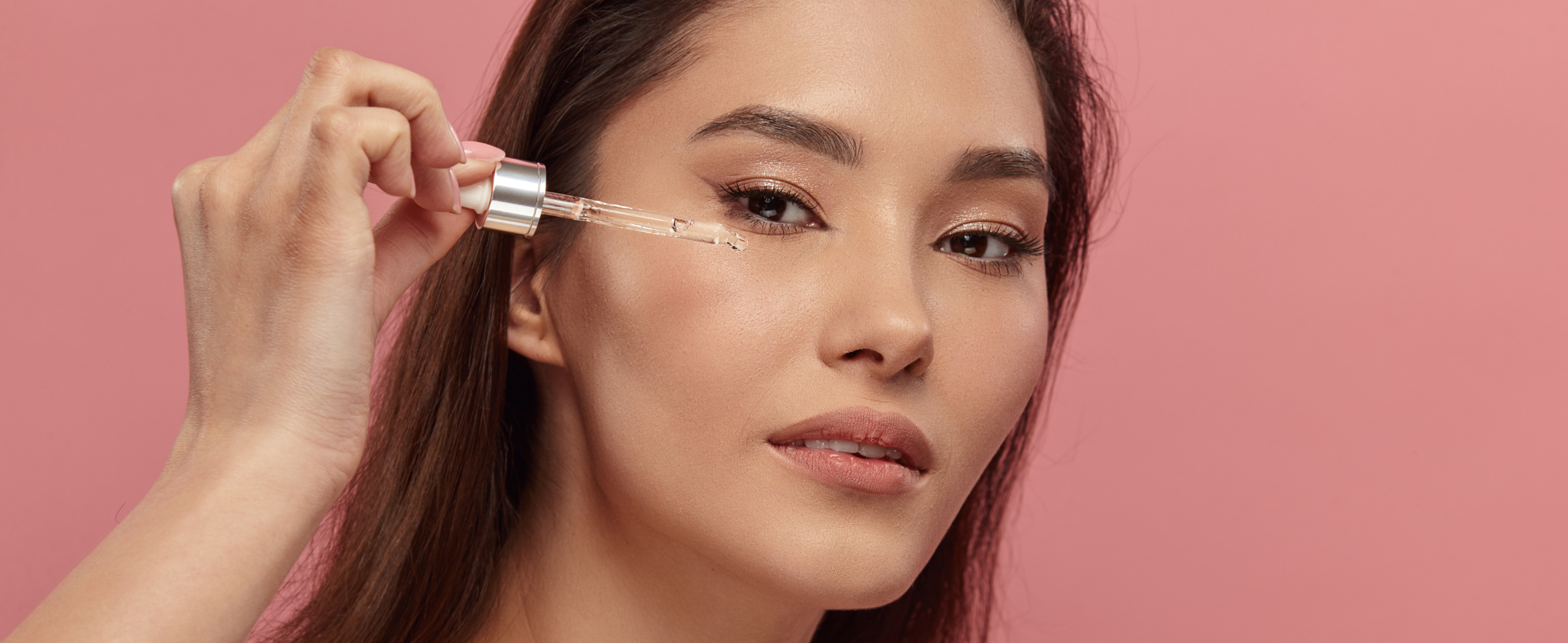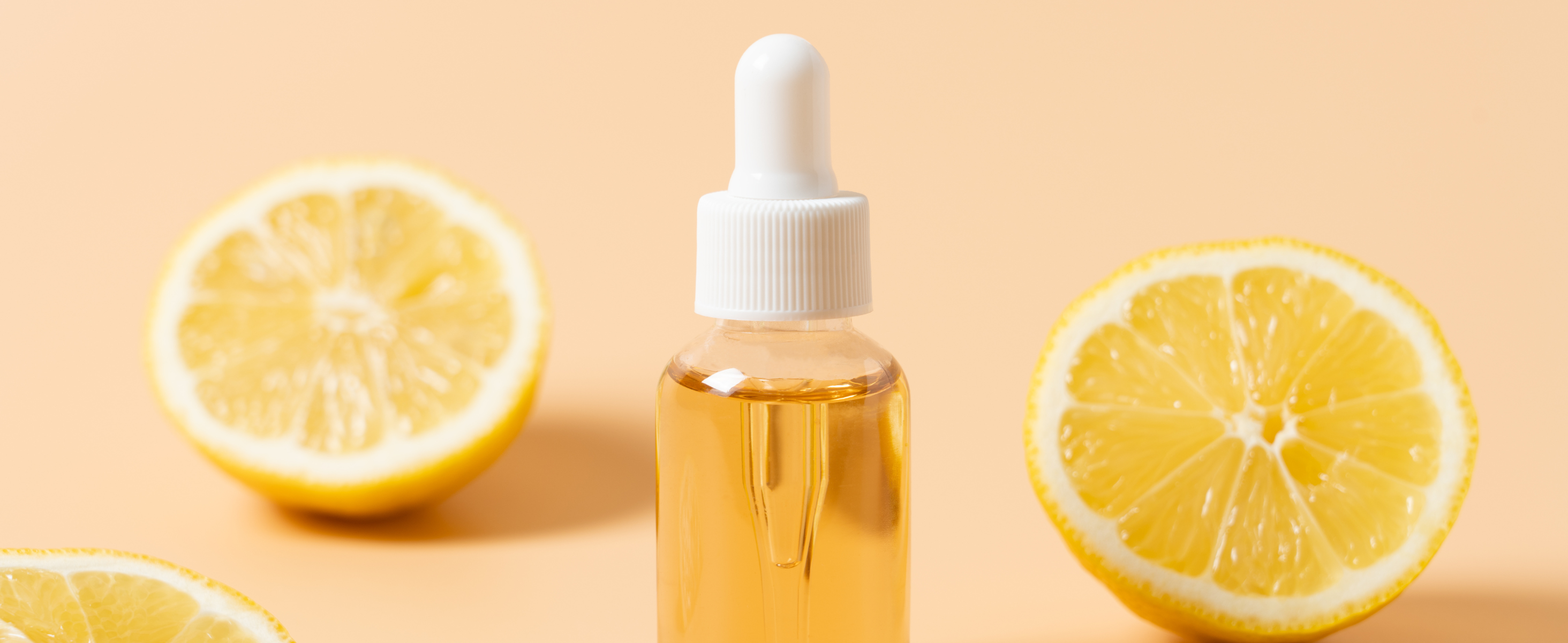If you’re into skincare, you’ve likely heard of trends like “slugging,” “glass skin,” or even “moisture sandwiching.” But there’s a new player in the world of beauty that isn’t just another passing trend — adaptogenic skincare. It’s rooted in centuries-old herbal traditions, and it's gaining momentum for a good reason: it addresses the impact of stress on your skin.
In a world where environmental pollution, UV rays, poor sleep, and emotional stress take a daily toll on our skin barrier, adaptogens offer a natural way to bring balance and resilience back to your complexion. So what exactly are adaptogens — and what can they do for your skin?
Let’s break it down.
What Are Adaptogens?
Adaptogens are a group of natural substances — mostly herbs, roots, and mushrooms — that help the body adapt to physical, chemical, and biological stress. They’ve been used for centuries in Traditional Chinese Medicine (TCM), Ayurveda, and other holistic practices to help promote overall balance and resilience in the body.
The beauty industry is now tapping into these stress-fighting botanicals in skincare products, claiming that they can help skin better cope with environmental stressors, reduce inflammation, and support barrier repair. While more clinical research is needed to solidify these claims, anecdotal evidence and early studies suggest promising benefits.
How Does Adaptogenic Skincare Work?
Adaptogenic skincare involves using products formulated with adaptogens to help manage stressed skin. Think of these ingredients as personal trainers for your skin — helping it become more resilient, less reactive, and better able to bounce back from damage.
Stress impacts your skin in several ways: increased sensitivity, breakouts, dullness, dryness, redness, and premature aging. By strengthening your skin’s natural defenses, adaptogens help maintain homeostasis — that sweet spot where your skin functions at its healthiest.
5 Powerful Adaptogens Used in Skincare
Let’s take a closer look at some of the most popular adaptogens showing up in creams, serums, and facial masks — and how they benefit your skin.
1. Ashwagandha
Known as winter cherry or Withania somnifera, ashwagandha is one of the most well-known adaptogens in Ayurvedic medicine. It’s rich in antioxidants and has strong anti-inflammatory properties.
Skin benefits:
- Helps reduce oxidative stress caused by free radicals
- Calms irritated or inflamed skin
- May support collagen production and skin firmness
Ashwagandha is especially beneficial for people with stressed, tired-looking, or aging skin.
2. Ginseng
This root is widely used in both TCM and K-beauty. There are different types of ginseng — including American and Asian ginseng — and both are considered adaptogenic.
Skin benefits:
- Brightens dull skin
- Supports anti-aging by stimulating collagen
- Improves blood circulation, giving your skin a natural glow
Ginseng is a go-to if you're concerned about early signs of aging or photo-damage from sun exposure.
>>> Brighten your skin the natural way with Abera Glowing Cream (formulated with ginseng for radiance and resilience).
3. Reishi Mushroom
Sometimes called the “mushroom of immortality,” reishi (Ganoderma lucidum) is packed with amino acids and antioxidants.
Skin benefits:
- Deeply hydrates and retains moisture
- Boosts collagen and elastin for skin elasticity
- Soothes sensitive or irritated skin
If you struggle with dry, flaky, or easily inflamed skin, reishi might become your new skincare hero.
>>> Try Abera Melasma Cream (contains mushroom extract) to calm inflammation and even out skin tone.
4. Liquorice Root
Not to be confused with the candy, Glycyrrhiza glabra is a flowering plant used for its potent skin-calming properties.
Skin benefits:
- Brightens hyperpigmentation and evens skin tone
- Calms redness and inflammation
- Offers antioxidant protection
Liquorice is commonly found in formulas targeting dark spots, melasma, and redness.
5. Cordyceps
This unique fungus grows on insects (yes, really), but it’s been used in TCM for thousands of years to support energy and immunity.
Skin benefits:
- Moisturizes and softens dry skin
- Calms inflammation
- May improve skin texture and tone over time
Though it might sound strange, cordyceps is becoming a popular ingredient in hydrating serums and barrier-repair creams.
Who Should Try Adaptogenic Skincare?
Adaptogenic skincare is ideal for anyone dealing with:
- Chronic skin stress (like redness, irritation, or flakiness)
- Skin affected by environmental aggressors (pollution, UV, etc.)
- Lifestyle-related stress (lack of sleep, overwork, travel)
- Early signs of aging or dull, tired-looking skin
Because these ingredients are generally gentle and natural, they’re suitable for most skin types — including sensitive and acne-prone skin. However, always patch test new products and consult with a dermatologist if you have specific concerns or conditions like rosacea or eczema.
How to Incorporate Adaptogens into Your Routine
You don’t need to overhaul your skincare routine to benefit from adaptogens. Here are a few ways to start:
- Serums with ginseng, reishi, or ashwagandha for targeted treatment
- Creams or moisturizers that include cordyceps or liquorice root for daily hydration and repair
- Masks infused with a blend of adaptogens for a weekly skin reset
- Toners or essences with calming adaptogens to prep your skin post-cleanse
Some brands even offer full adaptogenic lines, allowing you to build a complete routine around your skin’s stress response.
Final Thoughts
Adaptogenic skincare isn’t just another buzzword — it’s a holistic approach that ties into your body’s overall well-being. With their roots in centuries of herbal medicine, adaptogens bring powerful natural support to the modern skincare shelf, helping stressed skin regain its balance, strength, and glow.
While more clinical research is needed to fully validate the science behind their skincare benefits, the anecdotal results and traditional use speak for themselves. If your skin is crying out for calm, balance, and protection, adaptogenic ingredients might just be the gentle heroes you didn’t know you needed.
Ready to try it for yourself? Start small with one product and pay attention to how your skin responds — sometimes nature really does know best.


